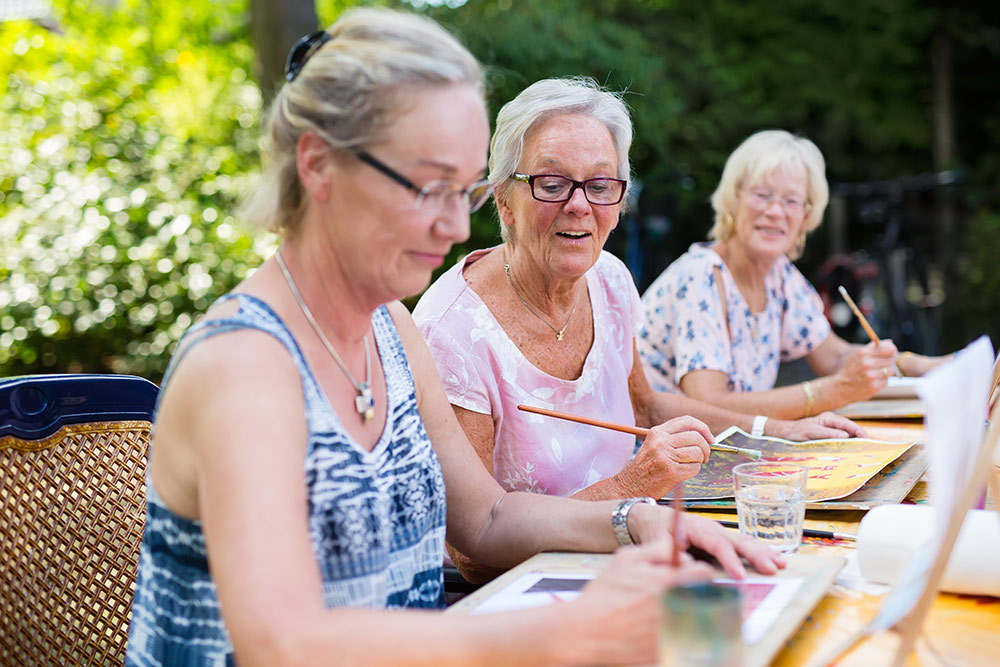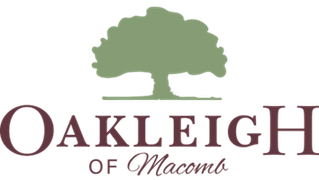Assisted living communities improve the lives of seniors in numerous ways. From arranging educational programs to helping them manage their medicines, the staff at these communities help the seniors live a comfortable life.
Older people face difficulties in performing everyday chores. Senior living community staff can help them complete day-to-day activities like bathing, dressing, toileting, and eating. Simply put, assisted living communities improve the quality of life of seniors.
Studies show that half of the population above 65 requires some assistance with their routine tasks. Shifting to assisted living communities is the best solution in such a situation. This might be a tough decision for the older people’s family members, but they have nothing to worry about. The staff at these organizations are well trained to give them the necessary care and assistance. These centers boost the living standards of the seniors in both big and small ways.
There are several ways in which these facilities enhance the quality of life of an individual. Here are a few of them.
Adaptability Programs
The stamina of older people decreases as they age. Even doing basic tasks like standing up or going to the bathroom becomes quite tricky for them. In such a scenario, they welcome any available help.
Besides lending a helping hand, these communities offer numerous adaptability programs that ensure long-term stability as the seniors’ age. As a result, their need for support decreases.

Recreational Opportunities
Many assisted living facilities conduct several recreational activities for older people. There are a host of such options available, which makes life easy and fun for them.
The recreational amenities available at many assisted living communities include a gym, movie theatre, recreation room, and more. Some also have indoor and outdoor pools. The staff members plan all older people’s activity schedule and ensure that they have something planned for almost every hour of the day. This way, they do not feel lonely or bored.
Special Care Provided
At Assisted living communities, one helper is allocated to each person. The centers take care of the senior’s needs and requirements. For instance, such communities offer three meals a day for people living there. And if someone has special dietary needs such as low-fat food, or offerings with low-sugar, then the food is prepared as per the specifications.
The caregivers help the elderly eat their food. They also offer laundry, housekeeping, and transportation services.
Some older people may need advanced services, such as grooming, bathing, nursing care, etc. These services can also be availed by contacting home care agencies and paying some extra charges.
Educational and Cultural Programs
Many assisted living communities offer cultural and scholarly programs. These include lectures on a vast range of subjects so that older people learn a few new things. One of the most common examples is the programs present in the assisted living centers of New York City. These centers have partnered with Pace University and Hofstra University. The professors from these universities lecture on the topics chosen by the seniors. A myriad of subjects is discussed with the elderly.
For a curriculum of six weeks, the elderly may choose any topic – from knowing about medieval knights to learning about goblins, witches, ghosts, Halloween, etc. Sometimes seniors are also provided with an opportunity to talk about their personal experiences.

Memory Support
Many people choose to move into assisted living communities because they suffer from neurocognitive disorders such as Alzheimer’s and cannot live safely alone. Individual living facilities offer memory support, which ensures to provide around-the-clock services.
The objective is to minimize confusion and ensure the well-being of the seniors. The centers also have specially trained staff members who keep the residents with such disorders safe and enable them to lead a good life.
Services provided for memory care patients vary at different assisted living facility centers. Staff trained in therapeutic recreation engage with the residents daily and engage them in memory boosting activities. They also often involve the residents in music activities and art to stimulate their memory power.
Help with Managing Medication
Staff members of assisted living communities help residents take their medications. They also follow up with them on their medication schedule and take them to visit their doctors regularly. They also fetch the medicines for them on time.
Such living facilities also establish contracts with external pharmacies to deliver medicines regularly. This takes a lot of the weight off the shoulders of their family members.
Living facilities also have established policies that help residents organize their medications and take the medicines as per the schedule. They do this with the help of educational sessions and medication audits. They also take the necessary steps to ensure that the residents are managing their medications independently. They also hold examinations where the staff members ask the residents if they know what each pill is for and whether they are taking their medicines on time.
Social Work and Building New Connections
As people age, their social circle begins to shrink, and they don’t get an opportunity to socialize. But, assisted living communities provide an array of options where residents can connect with several other people. They build various types of sub-communities where the residents can come together and socialize with each other. They understand that loneliness and isolation can hurt people’s health, and maintaining social connections is crucial.
Also, numerous social activities are conducted in living facilities that help the residents make new friends and enhance their quality of life.
Conclusion
Residents of assisted living communities benefit in several ways. Living facilities offer customized services and have vibrant communities where older people do not have to worry about cleaning, cooking, arranging transportation, or household maintenance.
As people age, their vision becomes weak, and they often lose motor actions. Hence, they are incapable of doing essential day to day activities. These communities help them to improve the quality of their life. Individual attention is provided by nurses, professionals, skilled recreation teams, and other caregivers. The residents can also benefit from the numerous social and educational programs held here.



